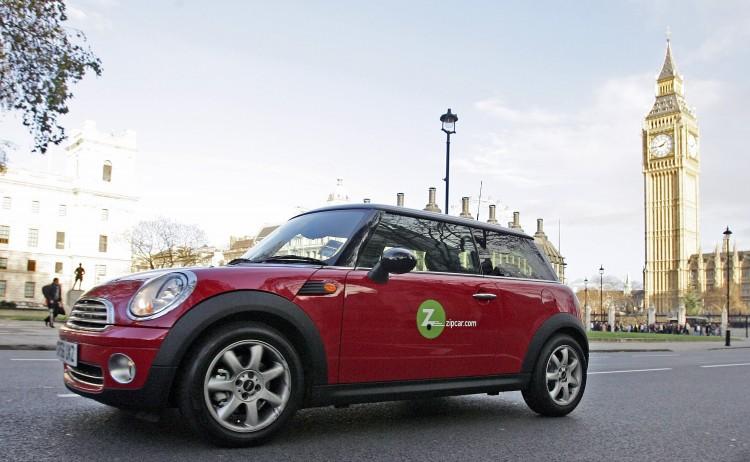By Katherine Reynolds Lewis
From Kiplinger’s Personal Finance
Buying a new or even used vehicle these days is expensive, but there’s a less expensive option: car sharing.

Buying a new or even used vehicle these days is expensive, but there’s a less expensive option: car sharing.